[Staying Rooted] Stitching through the pandemic: Stories of innovation
In my previous article, “Spending to Help MSMEs”, I spoke on how small businesses were largely left to their own devices during this pandemic, and that a lack of government support was partially responsible for the Philippines’ deepest economic contraction since World War II.
Conveniently, a suggested article on the page titled “1 in 4 MSMEs Closed Due to COVID-19 Pandemic: Trade Chief” further brought into the light what MSMEs had to endure because of the pandemic and the ensuing lockdowns. It stated that about 26% of MSMEs were "partially or temporarily closed" by the pandemic, 52% were partially operating, and only 22% were fully running.
Despite – or perhaps because of – the dire situation, these difficult economic realities have forced remaining businesses to innovate, allowing many of them to become more resilient in the event of another crisis. Enterprises that were able to remain open had to rethink their brands’ value propositions and unique selling points, as market behaviors and purchasing patterns have drastically changed within a short period of time.
While it would be quicker to explain how businesses innovated during this pandemic through theories, I believe that using an example would better humanize the process. For this article, we are featuring Gouache, a brand that specializes in creating waxed canvas bags for active, artistic urbanites and adventure lovers.
The Gouache story
Gouache was initially a passion project crowdfunded by The Spark Project, aimed at introducing waxed canvas creations to the Philippine market. Their products include backpacks, dopp kits, aprons, and lunch bags, all handmade from their workshop in Marikina, Metro Manila. All of these items are manifestations of how Gouache always strives to create functional and quality products that both bestow value and spark joy for their users, and imbue dignity and pride to their makers.
The enterprise has grown significantly since its inception in 2013, from a team of 4 to now 16 full-time employees. In addition to their now-erstwhile showroom in Katipunan and kiosk in Ayala 30th, they expanded their retail presence to various malls in Metro Manila through consignment agreements in lifestyle stores, such as Rustan’s, Common Thread, Common Room, and R.O.X. As with many other Filipino businesses, things seemed to be looking up for Gouache then.

Hard-hit
Unfortunately, like most other lifestyle brands, the COVID-19 pandemic hit Gouache hard. The lockdown saw their traditionally-strong sales channels, such as physical and corporate sales, dry up, leading to an initial cash crunch. Given the new situation, the team decided to go as lean as possible in order to continue operations and keep their employees attached to their jobs and benefits. The team immediately negotiated to work in shifts, terminated unnecessary leases, and reduced managerial salaries, which helped cut expenses by about 60%.
Though cost-cutting is not an uncommon practice during the pandemic, Gouache was able to execute it well, as they were able to properly identify which of their rented spaces were necessary, and which weren’t. Their ability to keep their staff employed was also remarkable, as many MSMEs in the Philippines ended up retrenching workers.
While austerity is a good tactic to keep operations running and staff employed in the short-term, cost-cutting alone is often not enough to sustain the business during prolonged periods of hardship. A business usually also has to change its business model or product range to stay competitive and relevant during times of flux.
A new range
In the case of Gouache, there have been changes in both its business model and product range throughout the pandemic. Right at the onset of the pandemic in March 2020, they began creating disposable isolation gowns to help medical frontliners deal with the first wave of the pandemic, bridging the shortage of PPE during lockdown when hospitals could not access their imported stocks. They eventually were able to produce and distribute over 12,000 units, with the help of donations, to various hospitals in Metro Manila.

Though they did not profit from this endeavor, creating these disposable gowns kept their staff attached to their jobs. It likewise led them to design and create more casual, consumer-oriented PPEs by June 2020. This includes their reusable kimono cover-ups, which continue to perform well amidst the pandemic.
Furthermore, upon observing that many consumers formerly relying on public transportation have now been forced to cycle or bike to work, Gouache also designed a new line of bicycle and motorcycle bags. This shows how, even amidst the pandemic, not only have they addressed a genuine need in the market, but they have also refocused their product offerings to cater to what customers now deem as essential.

A new business model
While business models and production systems aren’t always the most visible, they are nevertheless as essential when adapting to market demand. Having appropriate systems helps keep an enterprise running smoothly and efficiently, especially during times of distress.
Gouache’s first change in their business model came early in the pandemic as a means of cutting down on expenses. The enterprise shifted from producing single items in large batches to producing multiple items in smaller quantities, allowing for more made-to-order transactions. This shift in production allowed for Gouache to be more efficient in inventory management of both raw materials and finished goods, and allowed them to offer more personalized service.

Another, more noticeable, change was the revamping of their website in October 2020. The new website refreshed Gouache’s digital presence, and was designed with its new made-to-order business model in mind. When pieces go out of stock, customers can opt to pre-order and wait for their goods, which allows the brand to more efficiently capture sales.
On a simpler note, Gouache has also started distributing its products on high-traffic e-commerce marketplaces such as Lazada (through LazMall) and Shopee (with the help of the Roots Collective). This was done in order to capitalize on these sites’ sheer number of users and browsers.
Teamwork and camaraderie
The story of Gouache’s weathering of the pandemic would not have been possible without the camaraderie and trust the team had with each other. In the long haul, investing in your workforce allows for so much more possibilities during hard times.
It was a deep sense of solidarity towards our medical frontliners which led the team to try and produce disposable isolation gowns in consultation with doctor friends, despite having no prior experience with creating these items. An empowered team also made it easier to co-create and experiment with new designs. Lastly, trust and mutual understanding allowed management to take a step back when needed, and better evaluate goals.
Though Gouache did not have it easy during the pandemic, they were nevertheless able to pivot by quickly reassessing the landscape and cutting inefficiencies. A strong sense of camaraderie and trust also helped brand go creative and out there during a time when enterprises often just look inwards, sometimes out of necessity.
~
*This article was originally published on ABS-CBN News on 30 September 2021, in partnership between the Roots Collective and ABS-CBN News.
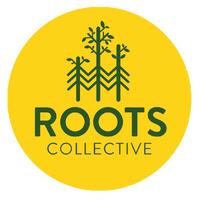
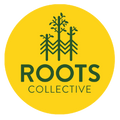



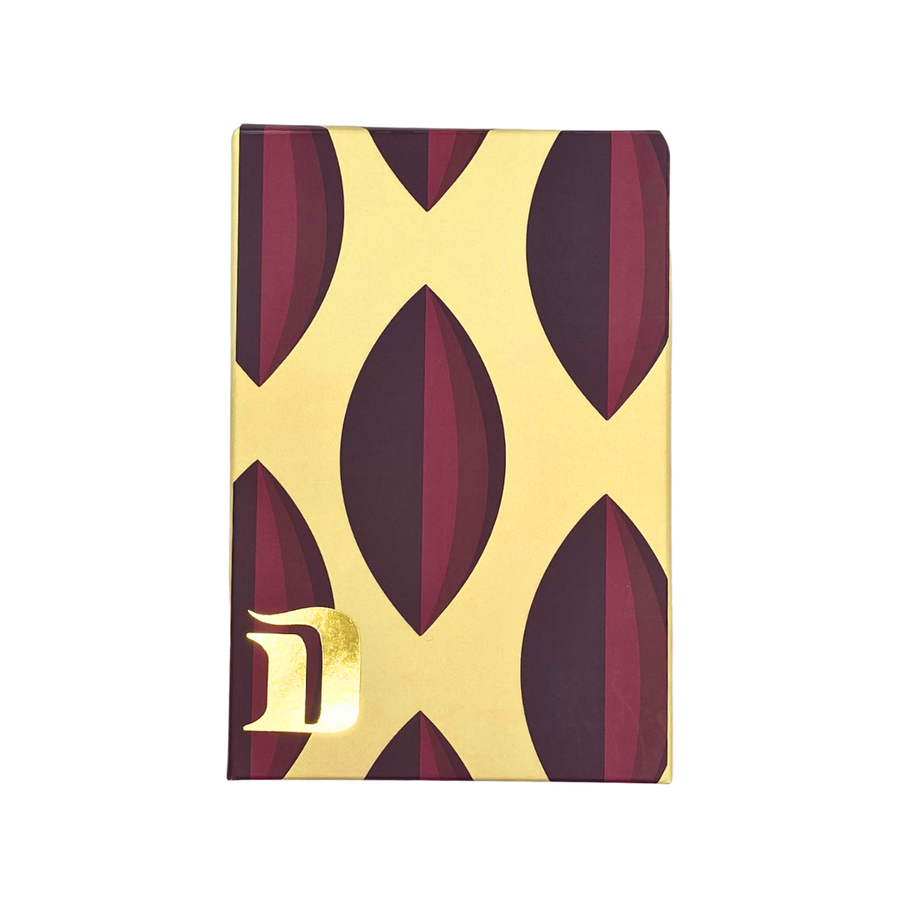
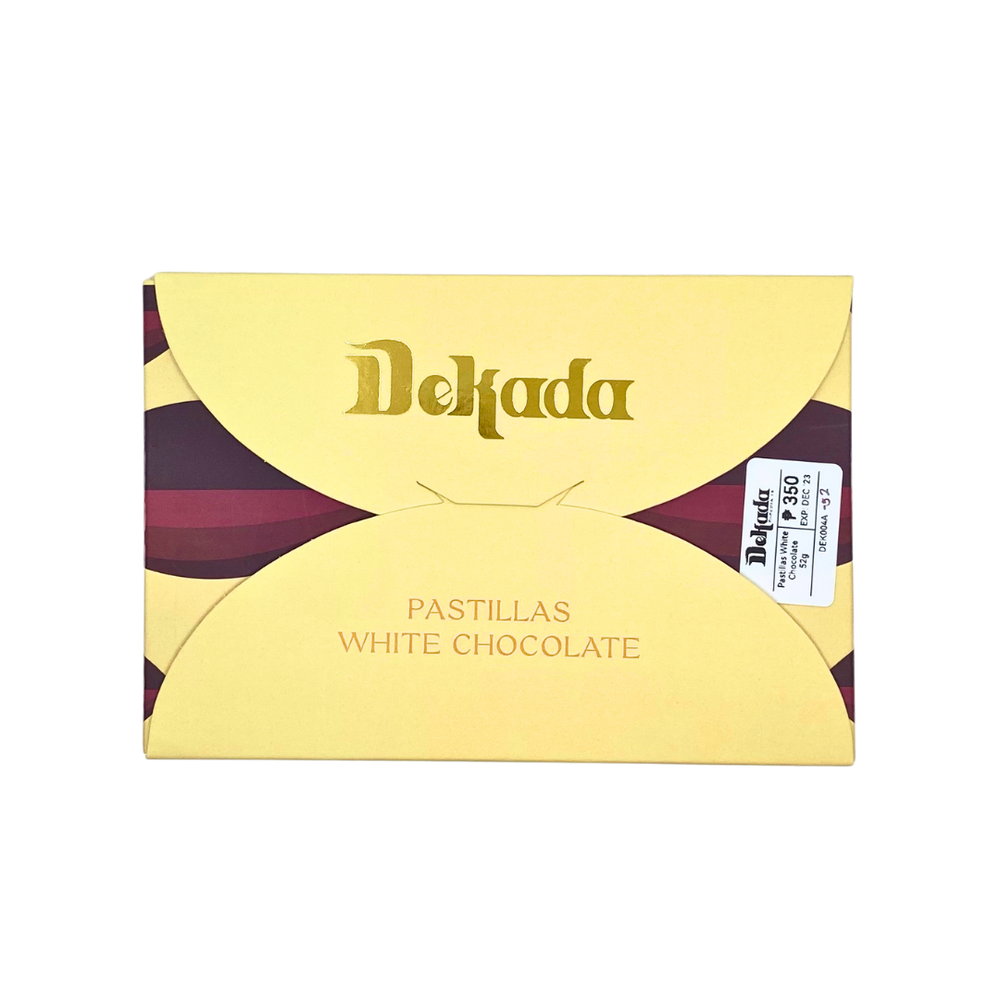
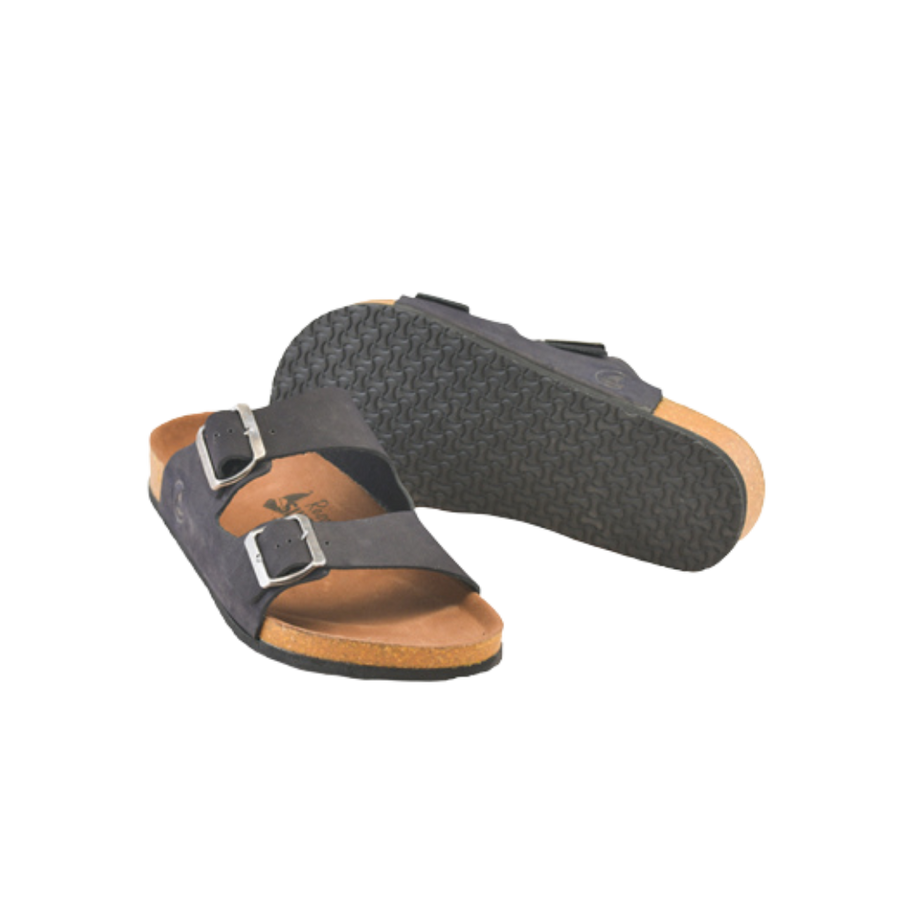
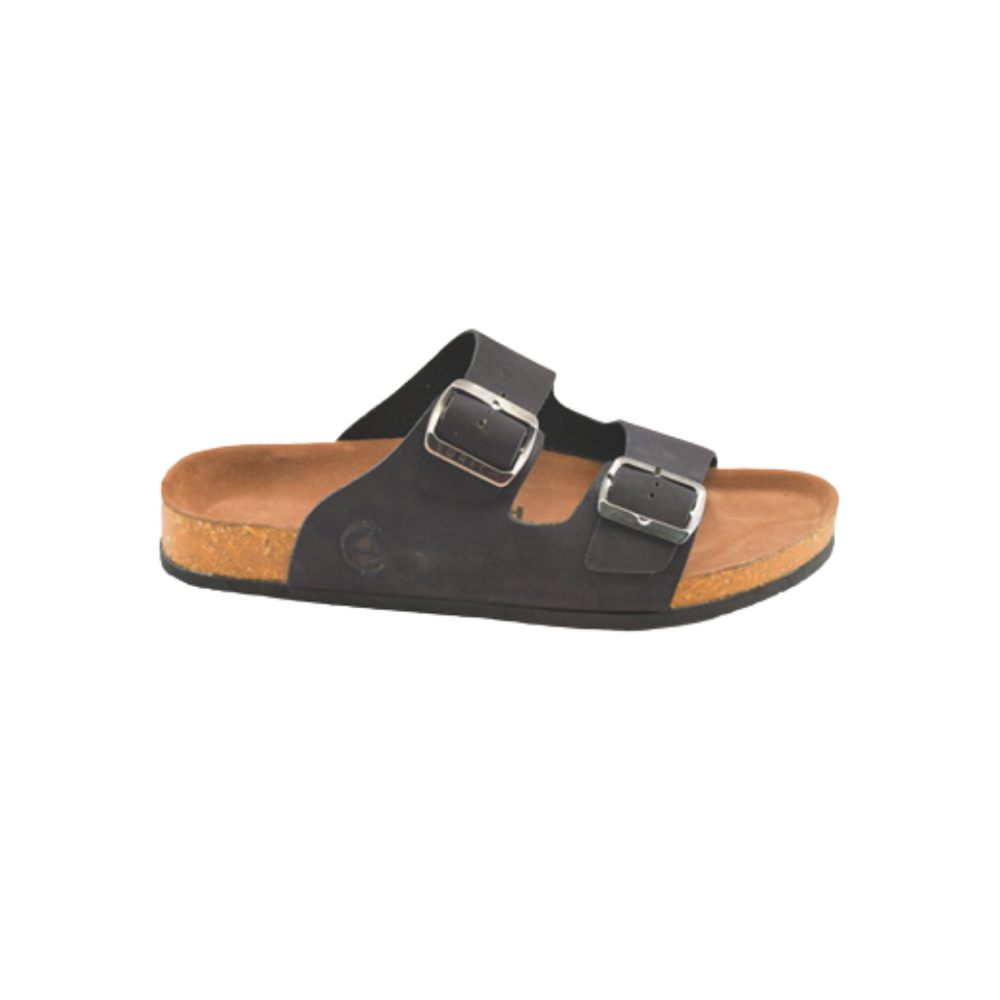
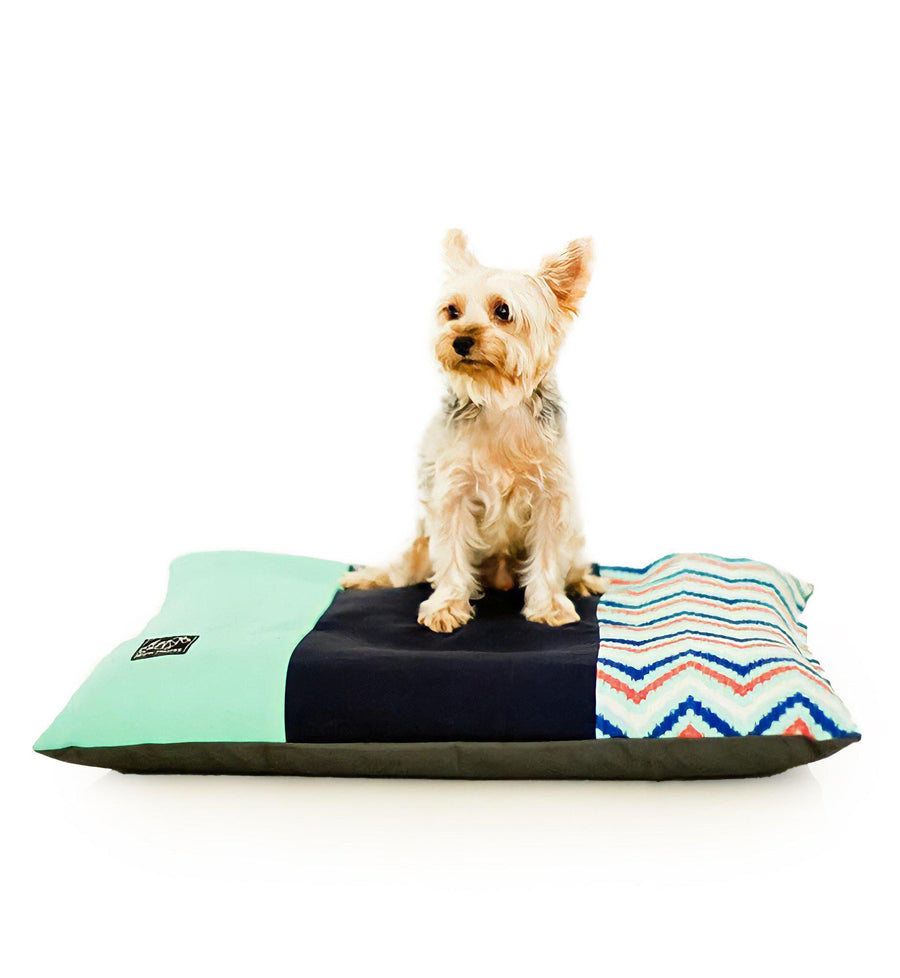
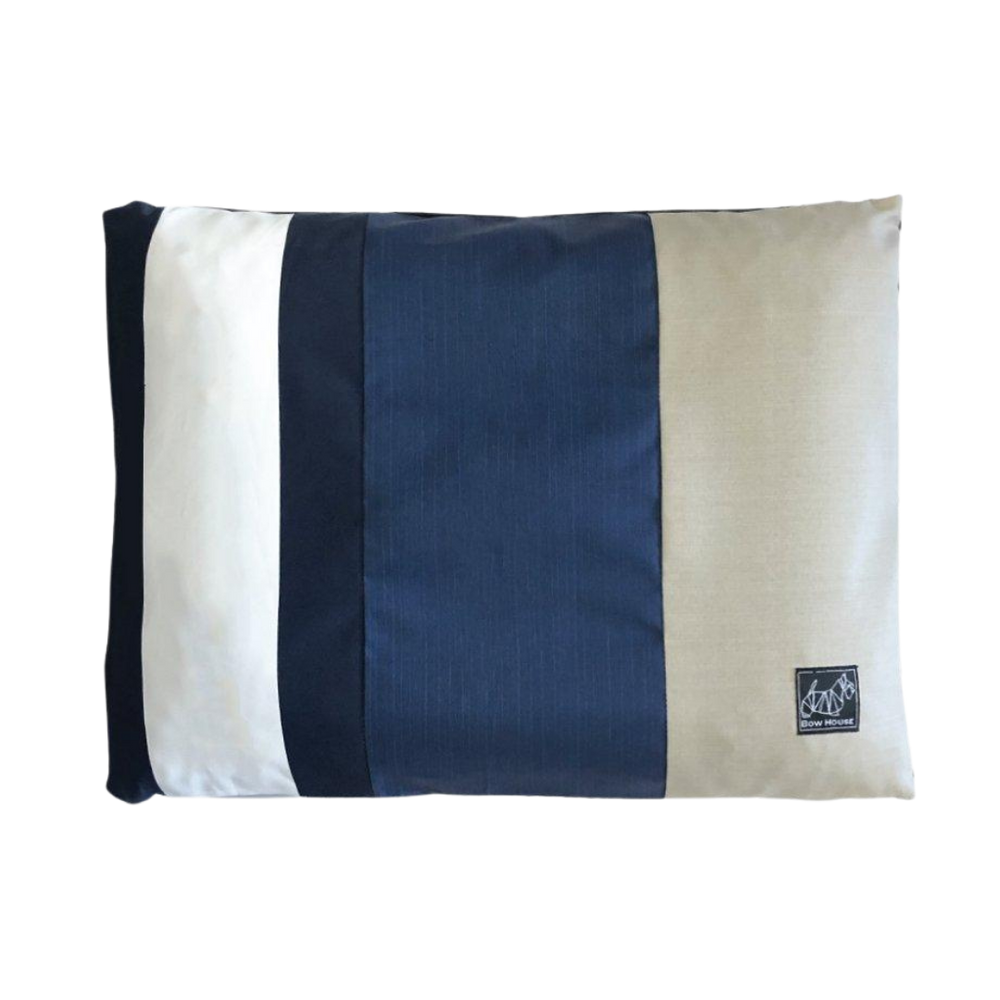
Leave a comment